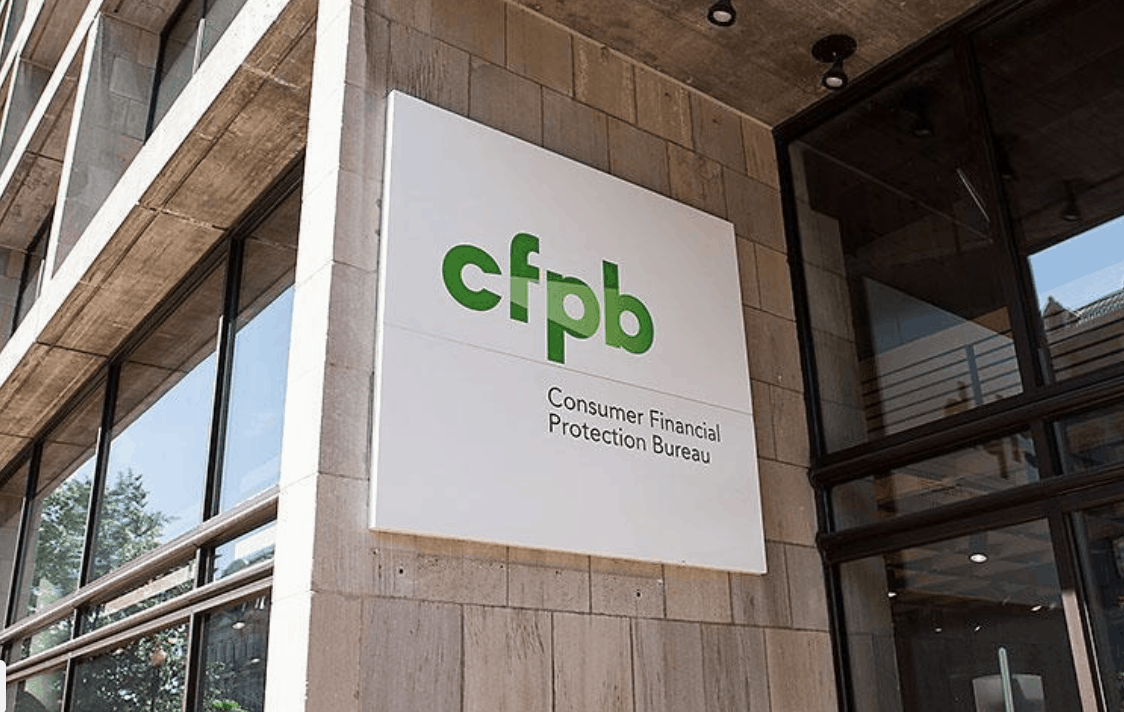Protect Consumers, But Let Debt Collectors Do Their Jobs

 “Debt collector” seem to be the occupation everyone loves to hate, but without them businesses large and small—from banks to gyms to doctor’s offices—could not serve their customers with the assurance that their contracts would be enforced. That’s why the Competitive Enterprise Institute has again weighed in with the Consumer Financial Protection Bureau (CFPB), calling for debt collection rules that protect consumers from fraud and harassment, but don’t hinder debt collectors’ crucial function in keeping the credit market flowing.
“Debt collector” seem to be the occupation everyone loves to hate, but without them businesses large and small—from banks to gyms to doctor’s offices—could not serve their customers with the assurance that their contracts would be enforced. That’s why the Competitive Enterprise Institute has again weighed in with the Consumer Financial Protection Bureau (CFPB), calling for debt collection rules that protect consumers from fraud and harassment, but don’t hinder debt collectors’ crucial function in keeping the credit market flowing.
Understanding the crucial role played by debt collection firms in facilitating the flow of credit among consumers, entrepreneurs, and lenders in the market, the CFPB proposed a debt collection rule earlier this year that would update regulations surrounding the industry for the first time in more than 40 years. Last month, CEI scholars John Berlau and Daniel Press took the opportunity to weigh in on the proposed rule, detailing its merits and shortcomings.
In their comments, Berlau and Press wrote:
CEI applauds the Bureau for attempting to bring greater legal certainty to the use of modern communication methods by collectors, to provide model disclosure notices for consumers, and to create reasonable safe harbors for industry. However, the Bureau should proceed carefully with other parts of the proposed rule, such as strict call limits and time-barred debt disclosure notices.
Given the complexity of the issue and the high volume of comments, the CFPB extended their comment period on the proposed rule. CEI used this time to prepare and submit supplemental comments, reiterating and expanding on points made previously in its earlier submission.
Despite the portrait painting debt collectors as agents of big banks, firms such as these serve thousands of small businesses each year. Beyond that, we point out in our new comments that many debt collection firms are small businesses themselves. ACA International, the trade association for debt collectors, estimates that 44 percent of ACA member companies have fewer than 9 employees and that 93 percent have 99 or fewer employees.
In our remarks filed on September 18, my colleague John Berlau and I paid special attention to the matter of time-barred or so called “zombie” debt. While other organizations urged the CFPB to further regulate debt collection firms from collecting time-barred debt, we wrote that the rule “should not burden these firms with having to keep track of the different statutes of limitations that apply to borrowers’ obligations.” Additionally, we discussed how restrictions on the collection of time-barred debt would actually hurt consumers and noted that “borrowers would frequently be ill-served by not being notified of outstanding obligations, regardless of whether they are legally time-barred, as these unpaid debts can still harm future attempts to obtain credit by showing up in credit files accessible by prospective lenders and possibly lowering a credit score.”
In closing, we restated that “the Bureau should direct its recently established Office of Cost Benefit Analysis to rigorously analyze the proposed rule’s impact on competition and consumer welfare before proceeding with it.” Overall, the CFPB’s proposed rule on debt collection is a much appreciated development in the domain of consumer finance—just one of many made by the CFPB in recent months to put consumers before big government. As always, CEI looks forward to providing our perspective to the CFPB on ways to improve consumer welfare and protect consumer choice.